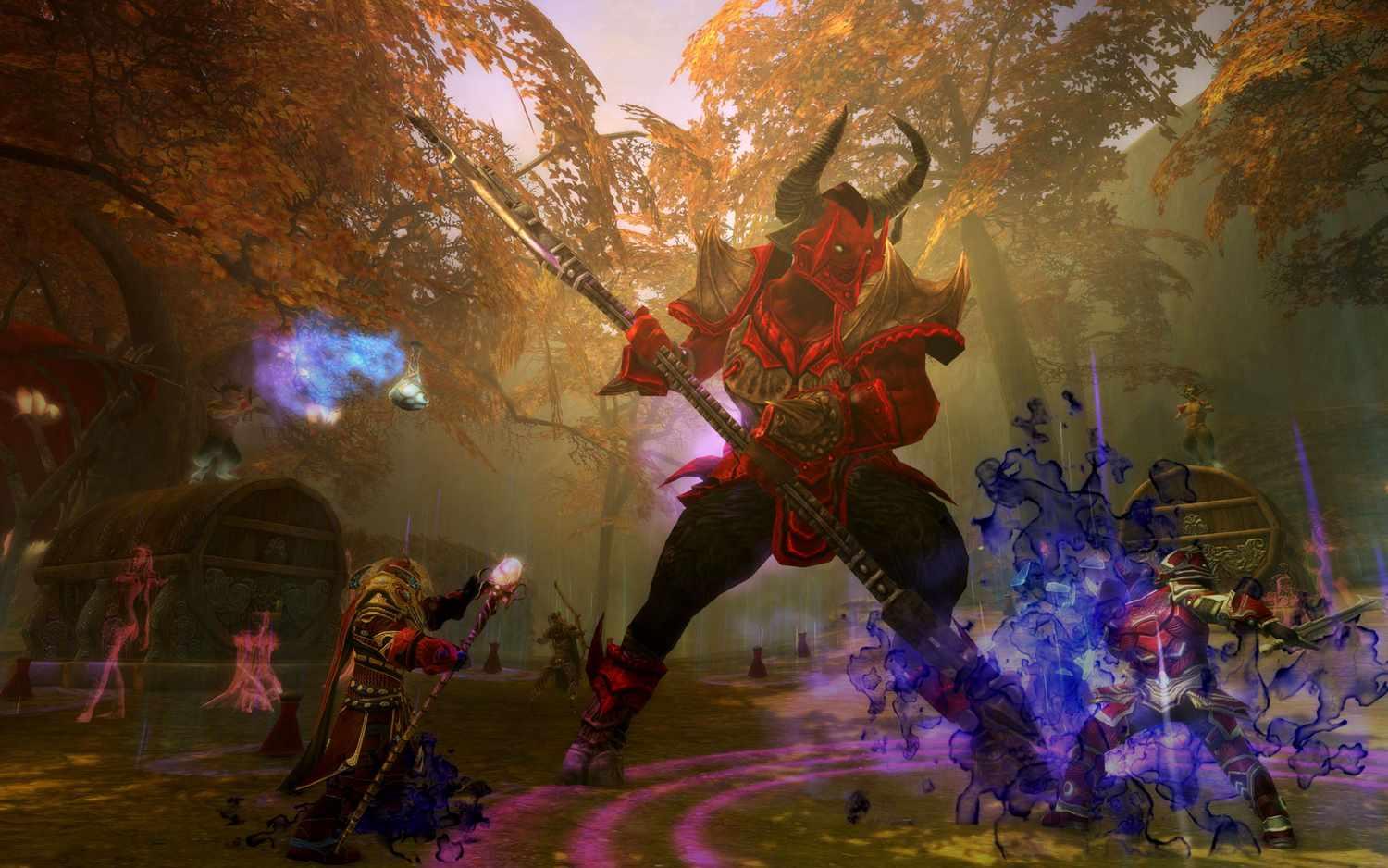The global competition for Massive Multiplayer Online Games Market Share is a unique contest characterized by the long-term dominance of a few behemoth franchises and a constant churn of new titles vying to become the next big hit. As the overall market continues its steady growth towards a projected valuation of USD 55.46 billion by 2035, the battle to capture and retain the attention of millions of players is a monumental undertaking. This expansion, driven by a consistent 5.18% CAGR from 2025 to 2035, takes place in a "sticky" market where players invest thousands of hours and build deep social connections in a single game, making it incredibly difficult for a new game to lure them away, and creating a market where brand loyalty and network effects are paramount.
A colossal portion of the market share, particularly in the Western subscription-based MMORPG market, has been held for years by Blizzard Entertainment's World of Warcraft. Since its launch in 2004, it has been the undisputed king of the genre, defining many of its conventions and attracting a massive, loyal player base. In recent years, its primary challenger has been Square Enix's Final Fantasy XIV, which, after a famously disastrous launch and a complete reboot, has achieved critical and commercial success, capturing a huge share of the market and creating a true two-horse race at the very top of the subscription genre. The intense rivalry and competition for players between these two giants is a defining feature of the current market landscape.
Beyond this top tier, a significant share of the market is held by a number of other successful titles that have carved out large and sustainable communities, often using a "buy-to-play" model. ZeniMax Online Studios' The Elder Scrolls Online and ArenaNet's Guild Wars 2 are prime examples. These games have successfully captured a large audience by leveraging beloved existing intellectual properties (IPs) and offering a high-quality experience without a mandatory monthly subscription. In the sci-fi space, CCP Games' EVE Online has maintained a unique and highly dedicated niche audience for two decades with its complex, player-driven sandbox gameplay. These titles demonstrate that there is ample room for success outside of the top two subscription giants.
In the massive Asian market, the market share dynamics are entirely different, often dominated by local and regional powerhouses. Companies like NCSoft and Nexon in South Korea, and Tencent and NetEase in China, are the undisputed leaders, with a portfolio of incredibly popular and profitable free-to-play MMORPGs that are tailored to the tastes of the local market. These games often have a stronger focus on competitive player-versus-player (PvP) combat and complex gear progression systems. The market share in Asia is a separate and fiercely competitive battleground, and success in the West does not guarantee success in the East, and vice-versa, creating a bifurcated global market structure.
Explore Our Latest Trending Reports:



